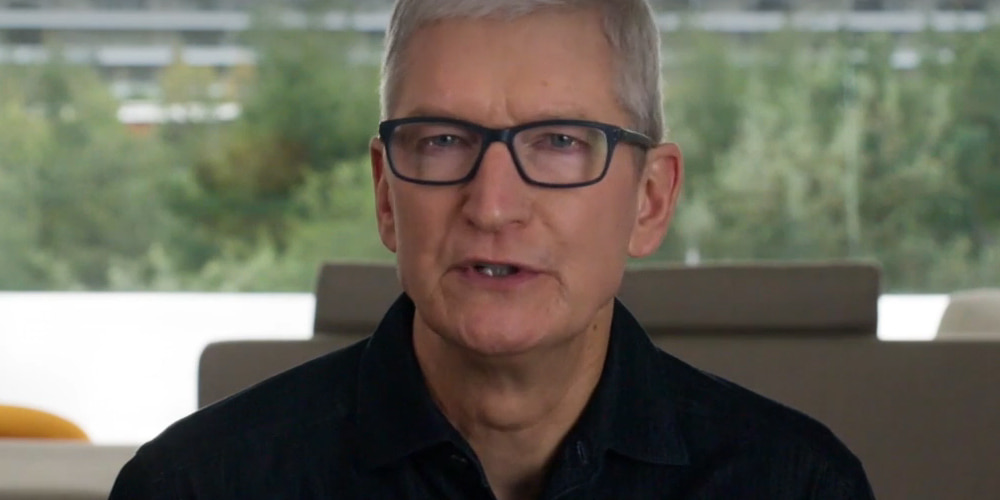Apple, the tech giant from the U.S. the creator of some of the most expensive gadgets in the world, is known for many things.
And if compared to most in the competition, Apple is known for its "walled-garden." On its mobile products, Apple doesn't allow anything out of the default interface and features.
While Apple does have a bit of flexibility, like it has gradually opened its ecosystem a bit more, to allow things like third-party keyboards, change default apps for certain tasks, and even widgets. But still, there are some things that Apple will never ever change.
And that include its commitment to privacy and security.
And among the ways Apple is securing its platform from consequences and possible privacy and security issue, is by not allowing users to sideload apps.
Sideloading is a process where users install apps from places other than the official app store. In this case, iPhone and iPad users installing apps not from Apple's App Store.
According to Apple, sideloading is a security nightmare.

And speaking at The New York Times 'DealBook' summit, Apple's CEO Tim Cook said that:
"That choice exists when you go into the carrier shop. If that is important to you, then you should buy an Android phone. From our point of view, it would be like if I were an automobile manufacturer telling [a customer] not to put airbags and seat belts in the car."
"He would never think about doing this in today's time. It's just too risky to do that. And so it would not be an iPhone if it didn't maximize security and privacy."
Speaking generally on privacy, Cook was also questioned about how Google, Facebook, Snapchat and others have lost almost $10 billion in advertising revenue this 2021 due to Apple's App Tracking Transparency prompt.
Cook repeated what he had said in the past, saying that Apple believes privacy is a fundamental human right.
"And so what we have been all about is putting the power with the user."
"We are not making the decision, we are just simply prompting them to be asked if they want to be tracked across apps or not. And of course, many of them are deciding no and never wanted to be, it's just that they did not have a choice before. And so I feel really good and I'm getting great feedback from users about having the choice."
Sideloading has become a hot topic.
Previously, Apple's senior vice president of software engineering, Craig Federighi, said that sideloading is a "cybercriminal's best friend" to highlight the dangers that may be presented to users if offered the freedom to install apps from anywhere on the web.
He shared some facts about the security and privacy of the iPhone compared to the Android ecosystem, and presented some of Apple's studies, which suggested that Android smartphones have been attacked by mobile malware many times more than malware targeting the iPhone.
And the reason for this, is "closely linked to sideloading," Apple concluded.
Privacy aside, forcing users to download apps only from the App Store also allow Apple to control its walled-garden in a way that no other can. In turn, this should translate to a profitable business.
Google's Android has experienced too many fragmentations and security issues because of the ecosystem's openness. And Microsoft has yet to see the success of Apple in terms of its own app store and centralized app distribution.
Many see Apple’s refusal to allow iOS users to use apps that aren’t distributed by the App Store is to reinforce its monopoly in the ecosystem. Even macOS allows sideloading of apps from third-party sources. So why not iOS/iPadOS?
This heightened amount of scrutiny and tension surrounding the App Store and how users download and install apps on the iPhone.
Since an iPhones can be a more personal item than a Mac or Macbook can ever be, Tim Cook as the CEO of Apple, defending his stance about privacy and not allowing users to sideload, in whatever ways he can.
Further reading: Apple Focuses On The 'Best Interests' Of Users, And That Sideloading Apps Is Harmful